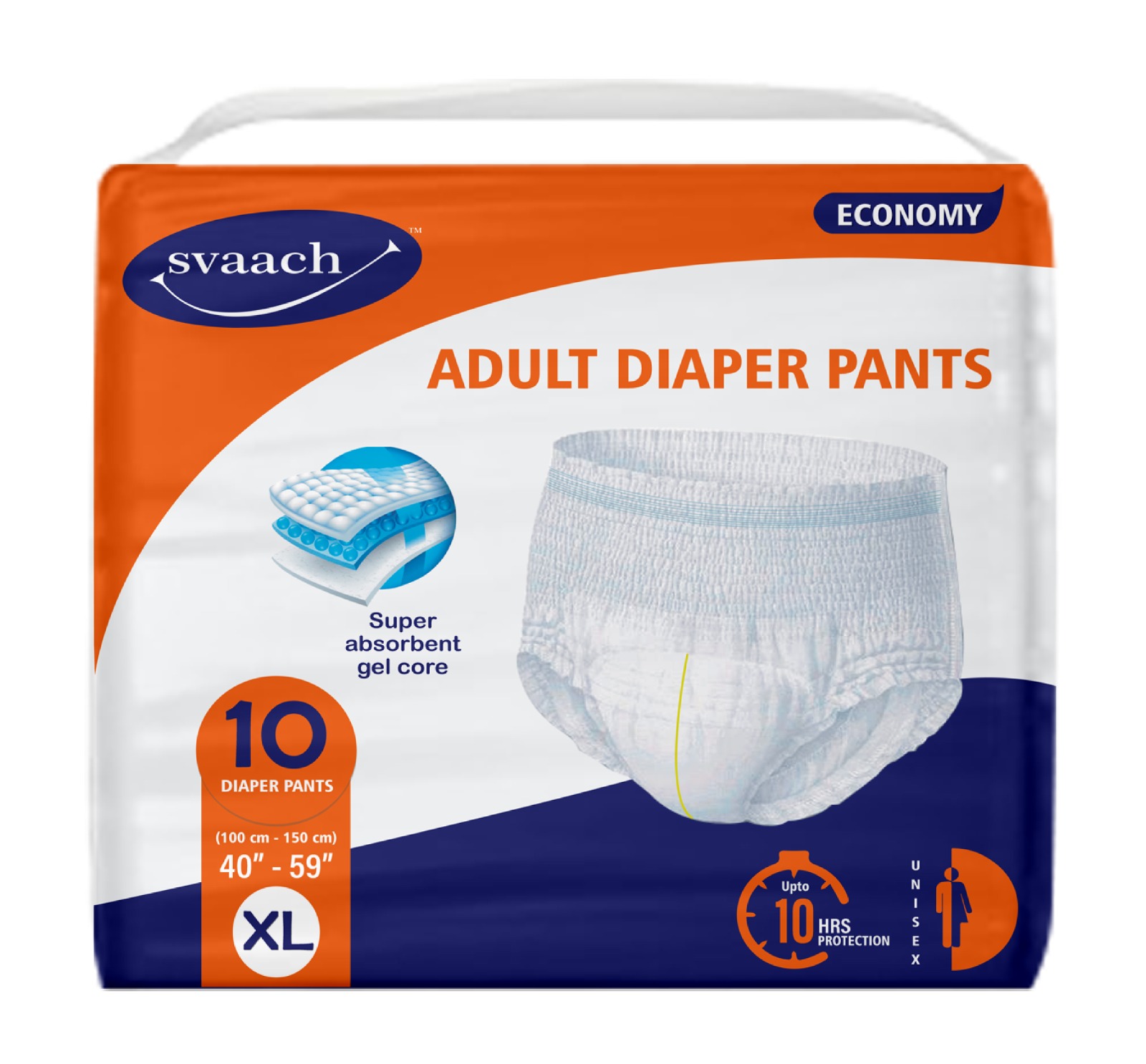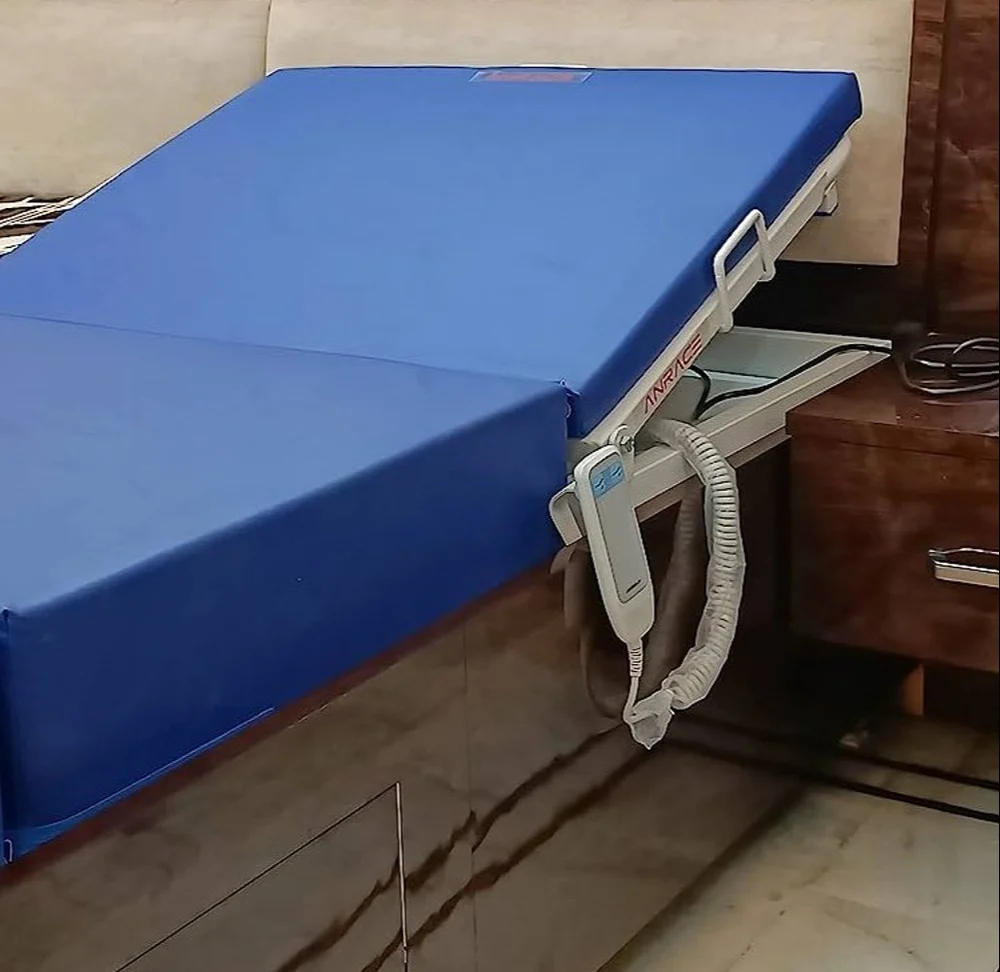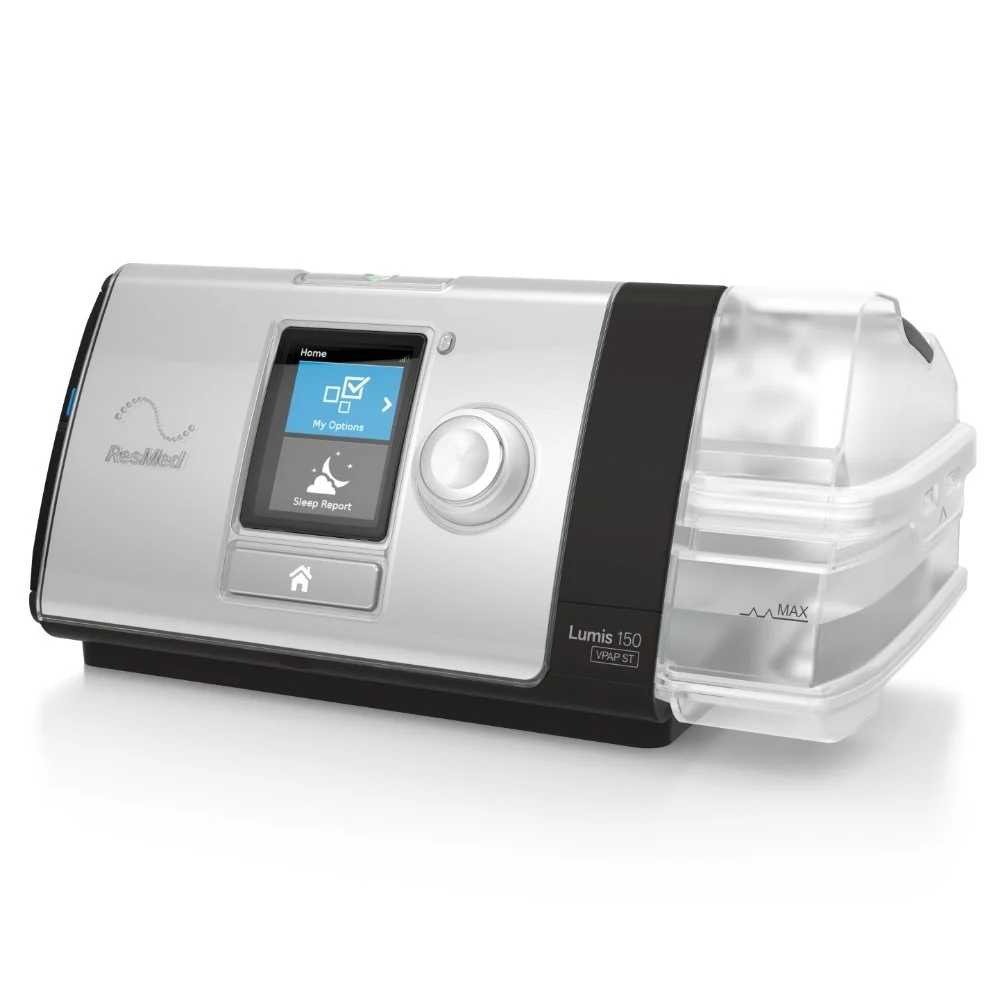Find Out How Your Body Transforms After Having A Baby
If you are pregnant or planning to become pregnant, it’s likely you’ll already be aware of the changes your body will go through during that time. After all, you’re creating and nurturing a new life, so it would make sense that some things are going to need to change to ensure that happens.
However, what you might not be aware of, or perhaps haven’t gotten around to thinking about is what happens after you give birth. The truth is that your body won’t go back to ‘normal’ immediately, and this can come as a surprise if you don’t have that information and haven’t researched the important things you need to know.
To ensure that you know what’s going to happen and can prepare for it, we’ve put together some information below to help you. These are just some of the biggest – yet often ignored – changes your body might go through, and there are others, so make sure you do your own additional research to give yourself the best grounding possible.
Loose Skin
Something that can often come as a surprise after giving birth is that your stomach doesn’t become flat again right away. In other words, you might even still look a little pregnant for a while after. Although this might feel strange and you may not like the look of it, it is perfectly natural. Your belly and skin were stretched to accommodate the baby, and although the skin is very elastic, this is a big and sudden change, and ‘snapping back’ is just not possible. It will take time, but after a few months, your loose skin should return to how it was before.
In some cases, this does not happen. If you are older or if you lost a lot of weight during or just after pregnancy, your skin may stay loose. If this is the case, there are a few options you can try. Depending on your budget and how much the problem worries you, you might opt for a ‘tummy tuck’ and have surgery. Of course, you’ll need to wait until your body has entirely recovered from giving birth before this is feasible.
Another option is exercise. This can help to tone up the skin if it can’t do it by itself, and it’s always a good idea anyway, as it will help to keep you physically – and often mentally – fit. You can also find specialist lotions to rub into your skin that can help increase its elasticity.
Weak Abs
There is a condition known as diastasis recti that many women experience after giving birth. This essentially means that the abdominal muscles have separated due to the effort of having a baby. This is quite common, even if it might sound scary. The result is that you will have a weak abdominal wall once this happens.
The best way to strengthen your abs is more exercise, potentially under the watchful eye of a physical therapist, depending on how bad the issue is. If you’re not sure of the extent of the weakening, you should speak to your doctor about it, as they can check you out and offer some useful advice about what to do next, if there is anything you need to do at all.
Thinning Hair
Thinning hair is not just something that happens to men and older people. It’s actually a common thing for new mothers to experience, and it comes about due to hormone levels changing. After you have your baby, you’ll have an excess of some hormones and not enough of others, and as this balance shifts back to normal, it’s your hair that might suffer. It will look duller, less thick, and it may even fall out, potentially by the handful. However, none of these is a cause for concern.
This change is known as postpartum telogen effluvium, and most women will experience it at least a little. Some have a lot of hair loss, and it can lead to some balding areas. Although this is temporary, it could be worth investigating whether taking Finasteride 1mg Tablets would help you feel more confident about your appearance. Speak to your doctor to get the best advice.
Bigger Feet
Perhaps you noticed that your feet, ankles, and perhaps your legs were swollen during your pregnancy. If you have yet to reach that stage or you’re not yet pregnant but plan to be, this is something to look out for, and it’s something that most pregnant women will experience to some extent. This is due to the extra fluids your body has to retain to protect the baby. Once you have given birth, these fluids should dissipate through the body’s natural responses, such as urination and sweating.
However, one thing that might remain is your shoe size getting bigger. Some women report that even after they have given birth, their feet are a size bigger than they were before being pregnant, and this can be something that lasts a lifetime. This is all down to a hormone known as relaxin. It is produced when you are pregnant to make the ligaments soft and flexible – ideal for giving birth. However, it does not discriminate against which ligaments it affects, meaning that the arches of your feet can be softened too. This causes you to have bigger feet, potentially permanently.
latest Blogs
categories
Categories
- Beauty Tips
- COVID-19
- Fitness tips
- Health & Wellness
- Health & Wellness Equipment
- Health and Wellness
- Health care
- Health Tips
- Healthcare & Medical Equipment Rental
- Healthcare Solutions
- Healthy Eating
- Home Healthcare Solutions
- Hospital Bed Rentals
- Life Style
- Medical Equipment Rentals
- Mental Health
- Nebulizer Machines
- Nursing Care Services
- Patient Care Solutions
- Prime Healers community
- Product information
- Product Review
- Renting an Oxygen Concentrator
- Respiratory Care
- Respiratory Care Solutions
- Uncategorized
- Wheelchair and Hospital Bed
- Wheelchair for Festivals






















